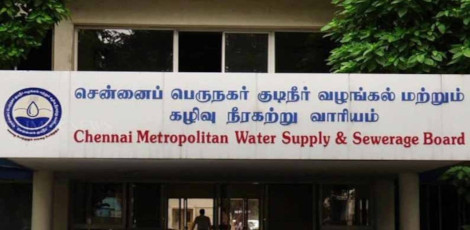Prostate cancer is no. 2 killer
Posted on: 17/Sep/2016 9:54:25 AM

As per the Indian Council of Medicinal Research, and other state cancer registries, prostate cancer is the second most common cause of cancer and the sixth leading cause of cancer death among men worldwide. Data shows that the number of cases will become double by 2020. Prostate is the second leading site of cancer among males in large Indian cities like Delhi, Kolkata, Pune and Thiruvananthapuram; third leading site of cancer in cities like Bangalore and Mumbai.
A senior doctor says, Over 85 percent of the cancer can be cured by medicine while 10 to 15 percent can be cured by surgery. Benign Prostatic enlargement is a normal physiological process in which prostate size grows with age, commonly after 40 years, and may cause symptoms of LUTS, or Lower Urinary Tract Symptoms. Another doctor from AIIMS says, Sedentary life style with obesity can trigger the chances of getting prostate cancer although it is mainly genetically driven. Presently, we cannot prevent the prostate cancer practically.
However, a vigil on prostrate health can help. If detected early in localized stage and definitive treatment is given, the patient can be cured. Previously it was thought, that prevalence of prostate cancer in India is far lower as compared to the western countries but with the increased migration of rural population to the urban areas, changing lifestyles, increased awareness, and easy access to medical facility, more cases of prostate cancer are being picked up and it is coming to the knowledge that we are not very far behind the rate from western countries. The cancer registries are reporting some new information and we can see that we are going to face a major increase in cancer incidences in the coming years.
Say experts, If the present trends of increasing life expectancy continue, given the current age-specific incidence, morbidity, and mortality rates of prostate cancer, this disease will become a far greater public health problem in the future. Correct and complete knowledge of epidemiology is very important in helping policy makers` and concerned authorities to plan and formulate sound prostrate health strategies based on scientific and empirical bases.







